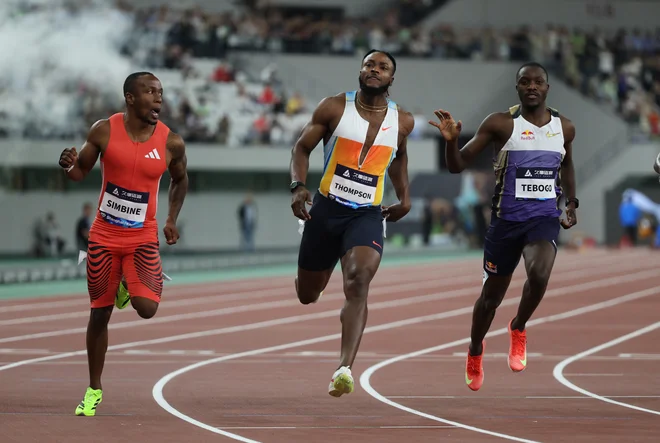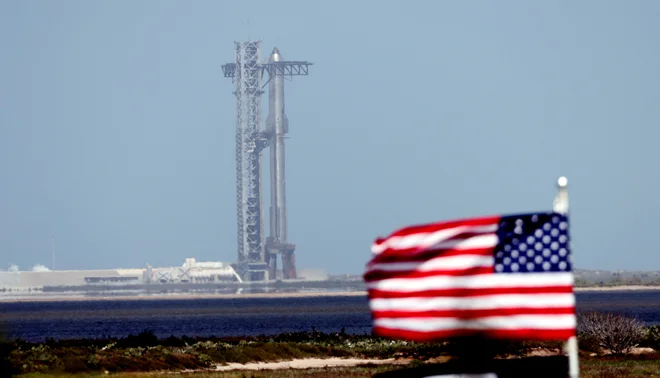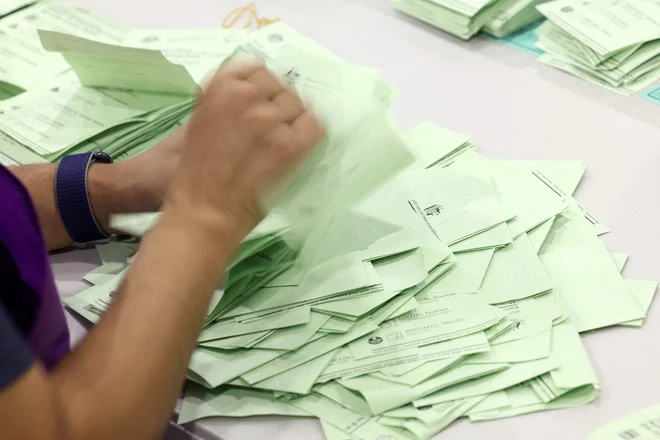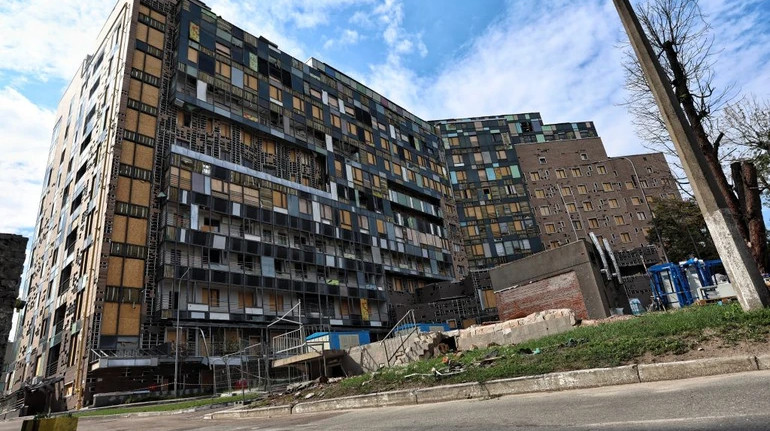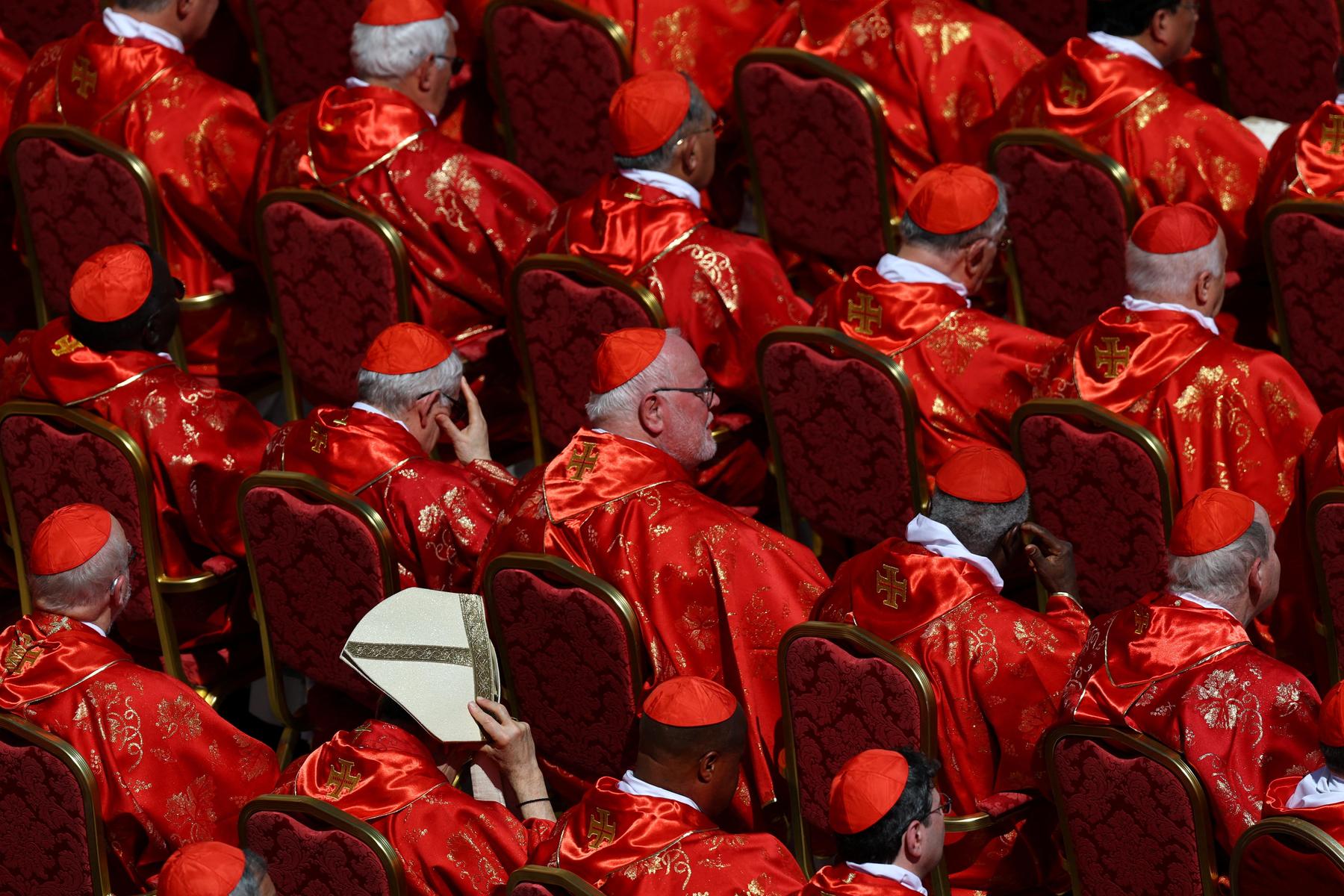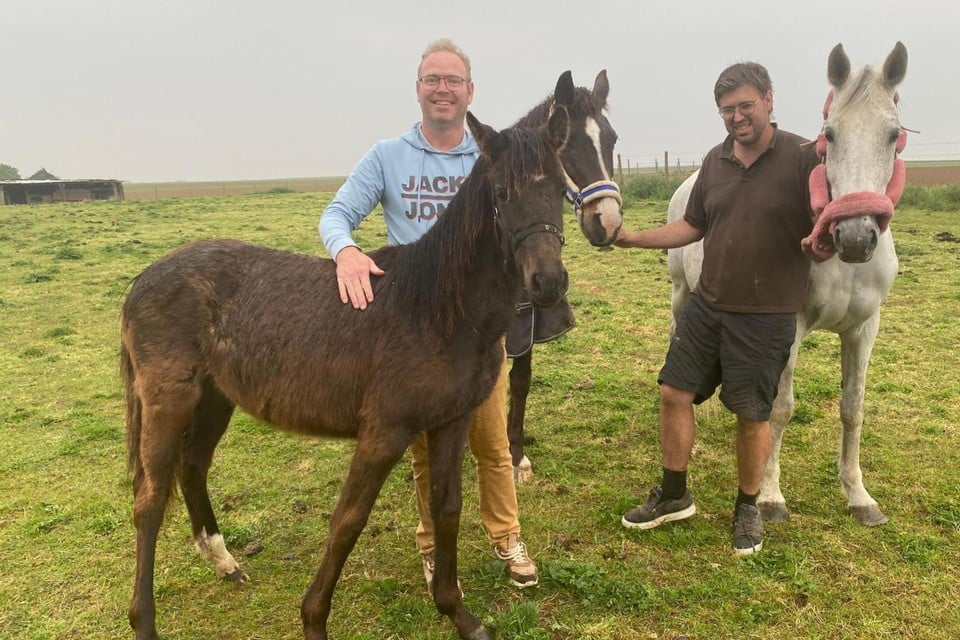Time, the rarest goods we can’t buy
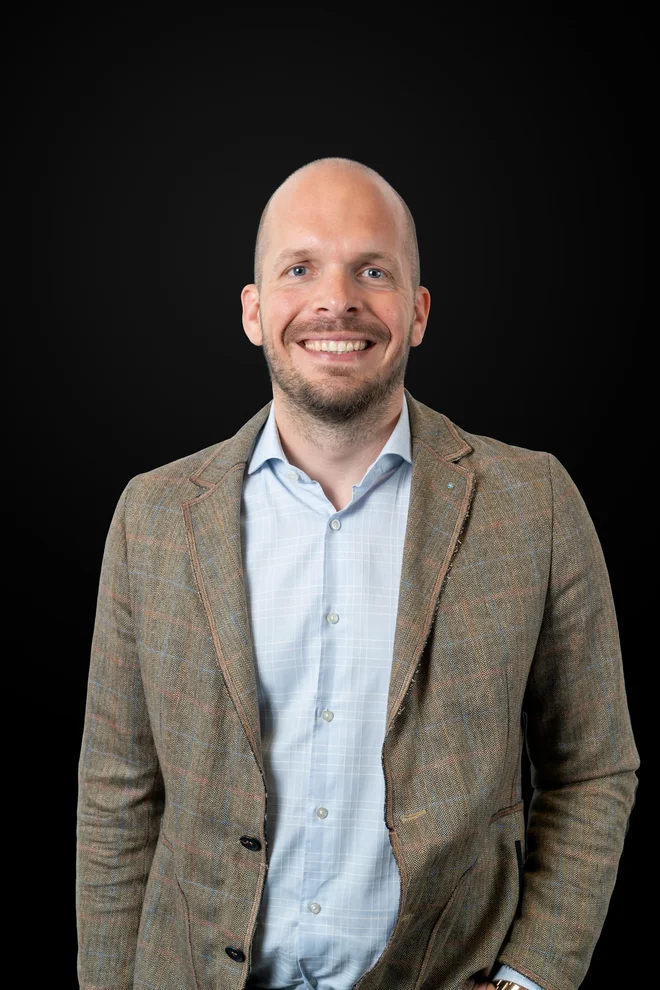
Imagine that someone offers you at the end of your life one extra day. Twenty -four hours you didn’t expect – not a refund, no privilege, but a bonus that almost no one gets. How would you survive? Would you dedicate it to the work that has been building your career? Would you spend it with the people you prefer? Would you finally do something that never had time for?
If we wanted to devote that last day love, family, joy and inner peace – then why do we devote so many ordinary days to things that really mean almost nothing to us? Why are we waiting for crisis moments to be aware of the value of time?
When we talk about rare goods, we first think of gold, oil or bitcoin. But in reality, time is the only really limited goods that cannot be replaced or redeemed. Everything else in life can be gained again – we can improve health, create wealth, restore relationships – but every second that passes is forever lost.
Tomaž Erjavec Photo: Work
Many think about time as currency. We often hear: “Time is money.« But time is much more than that – it is a canvas where we paint our lives. The key question is not how much we have it, but: how we use it. Do we spend it for the little things or invest it in something that really brings us value?
In a world where the digital revolution accelerates all around us, it seems that we have less time. Entrepreneurs talk about efficiency, burnout workers, families about a lack of quality socializing. Ironically, technology that is supposed to save us time often creates only the illusion that we will someday have more opportunities for what is important to us.
We often say that « we don’t have time. » But the truth is that we have exactly as much as everyone else – 24 hours a day, seven days a week. The only difference is how we direct it. Do we spend or consciously invest it? Do we glide through the day or treat each moment as an option for something meaningful?
I felt it myself at times when I was closest to burnout – when I had results, projects and recognitions, but I had the feeling that my life was going past. It was then that for the first time, I really felt that time is not the currency you are saving, but the fire that burns – and every day you can try something with it or let it burn without a trace.
Since then, it was no longer a « time management » but a choice: Where will I give my presence, energy, will, attention?
If time is the rarest good, what will follow? In a world where digitalization and automation are changing society, some values have become even rarer.
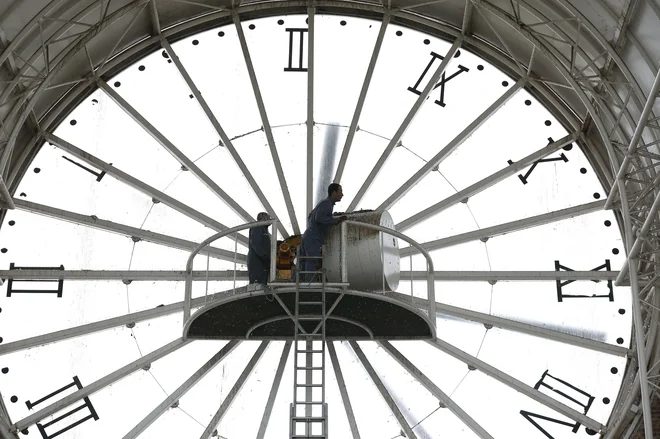
Photo: AFP
Bitcoin: Digital gold has a limited stock of 21 million units. In a world where central banks print money without borders, Bitcoin is becoming a symbol of value that is not devalued. His rarity gives him strength, much like time – lost once, he no longer returns.
Attention: In the age of constant digital disorders, the focus has become a luxury. Anyone who can manage their attention has a competitive advantage. Big companies are fighting for our views and clicks, but the real value is that we know how to consciously choose where we will direct our energy.
Trust: In times of fake news, political manipulations and corporate scandals, trust is one of the rarest goods. Without trust, relationships, communities and even entire economic systems fail.
Freedom: Personal, financial and mental freedom are becoming more and more limited. Those who can preserve it have an invaluable advantage. Digital censorship, regulation and control are increasingly affecting our autonomy, so the ability to make decisions without external pressure becomes more valuable.
Energy: The increasing need for electricity and green energy means that access to energy will be one of the key factors of the future. Those who have control over energy sources will have power – both at the geopolitical level and in everyday life.
Meaning and purpose: At a time when artificial intelligence automates work, people are increasingly wondering what our true purpose is. When machines become smarter and faster, human value is no longer measured in productivity, but in how much sense we can create for ourselves and for others.
And yet we can still choose. We can still focus our attention on what counts. Time cannot be saved – but it can be transformed into something left. In a moment of closeness, in the idea, into beauty, in a trace. Don’t ask yourself what you would do with an extra day of life – ask yourself what you are ready to change now so that you will never regret that day.
***
Tomaž Erjavec, entrepreneur, athlete, book lover and dialogue
The contribution is the author’s opinion and does not necessarily express the position of the editorial board

